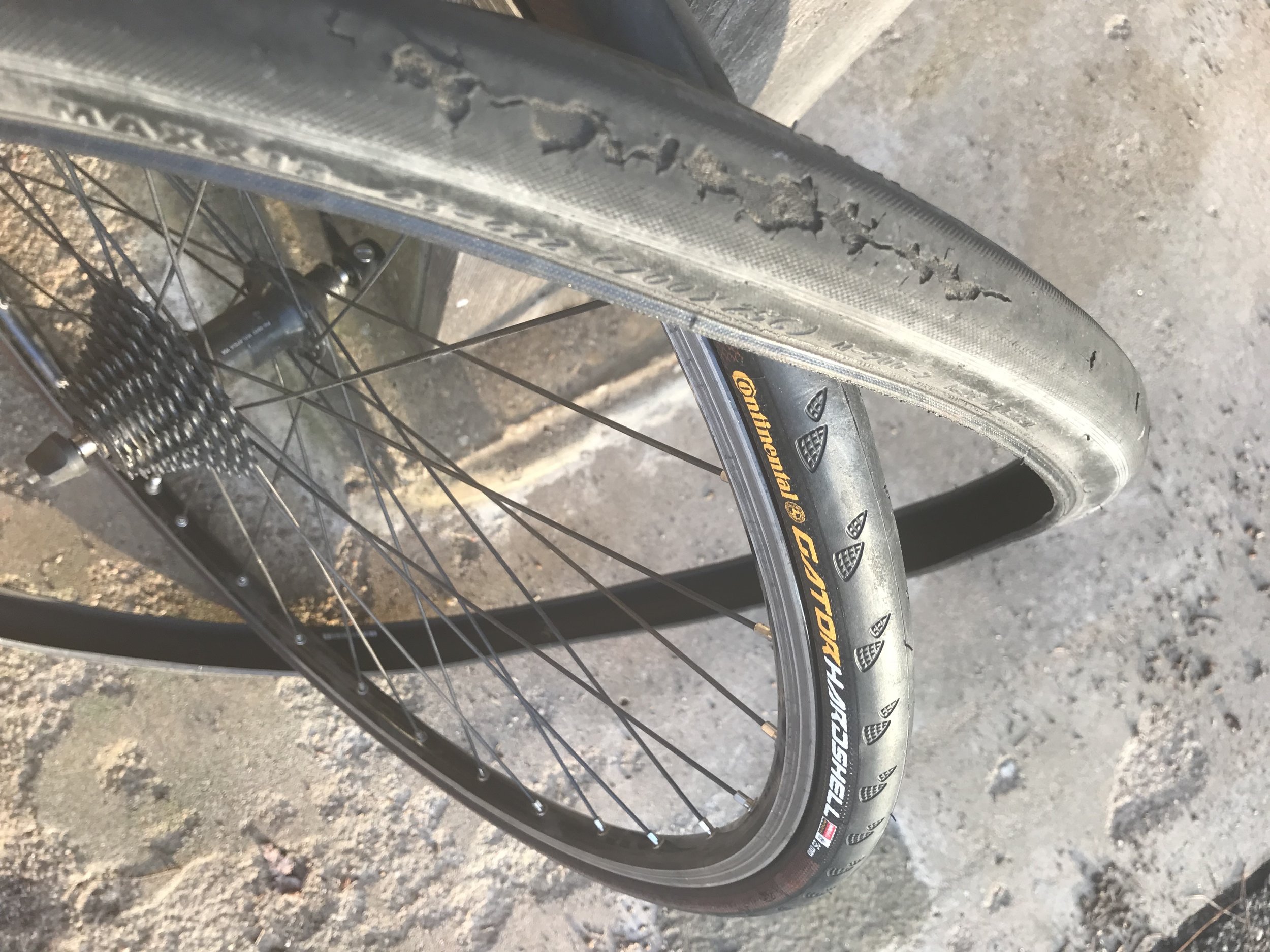It turns out eating about half your calories as carbohydrates is associated with the longest life
This isn't surprising. But it's just so hard for this kind of data to survive in a world filled with Bulletproof Coffee and other B.S. Good dietary advice is sooooooooo boring: eat a modest amount of carbohydrates. Avoid processed sugars. Don't drink too much alcohol. Avoid animal proteins and fats. If you read that last two lines without nodding off, you're either really invested in dietary information, or you're a registered dietician. It doesn't have the zing of "Wheat Belly." *Sigh*
White rooftops are a sneaky good way to combat climate change
What a weird thing to post to a health blog. But climate change has health consequences. As in, killing hundreds of thousands of people consequences. And I can speak from experience: we installed white shingles on our house in 2014, and we saw an immediate reduction in summertime heating bills of about $80/month (!).
Rose wine has a seedy underbelly
But it all tastes like Diet Cherry 7-Up to me.
Kiwi bikes to the hospital to have labor induced
The New Zealand Minister for Woman and Associate Minister for Transport and for Health tied together her two roles in government in a nice, tidy little bike ride. When I first read the headline, I thought she'd gone by bike after having her water break or after the onset of contractions. But alas, she was off for induction. Still, this represents a rare combination of toughness and media savvy. I love the part where she says the gas-powered wheelchair wouldn't fit everyone in the family, so they had to ride bikes. She was obviously not talking about an adult Tonka Toy.
Most of us have plenty of vitamin D. And Michael Holick apparently has plenty of money from trying to convince you otherwise
This is such a bummer. The Endocrine Society (I'm a member) has positioned itself as the kinder, gentler, more conservative (that's old-timey conservative, not Rush Limbaugh conservative) alternative to AACE. But they're as vulnerable to the actions of their members as any other group:
"Dr. Holick’s crucial role in shaping that debate occurred in 2011. Late the previous year, the prestigious National Academy of Medicine (then known as the Institute of Medicine), a group of independent scientific experts, issued a comprehensive, 1,132-page report on vitamin D deficiency. It concluded that the vast majority of Americans get plenty of the hormone naturally, and advised doctors to test only patients at high risk of certain disorders, such as osteoporosis.
A few months later, in June 2011, Dr. Holick oversaw the publication of a report that took a starkly different view. The paper, in the peer-reviewed Journal of Clinical Endocrinology & Metabolism, was on behalf of the Endocrine Society, the field’s foremost professional group, whose guidelines are widely used by hospitals, physicians and commercial labs nationwide, including Quest. The society adopted Dr. Holick’s position that “vitamin D deficiency is very common in all age groups” and advocated a huge expansion of vitamin D testing, targeting more than half the United States population, including those who are black, Hispanic or obese — groups that tend to have lower vitamin D levels than others."
Any supplement that gets an enthusiastic recommendation from Dr. Oz should be receivee with immediate, extreme skepticism.






















